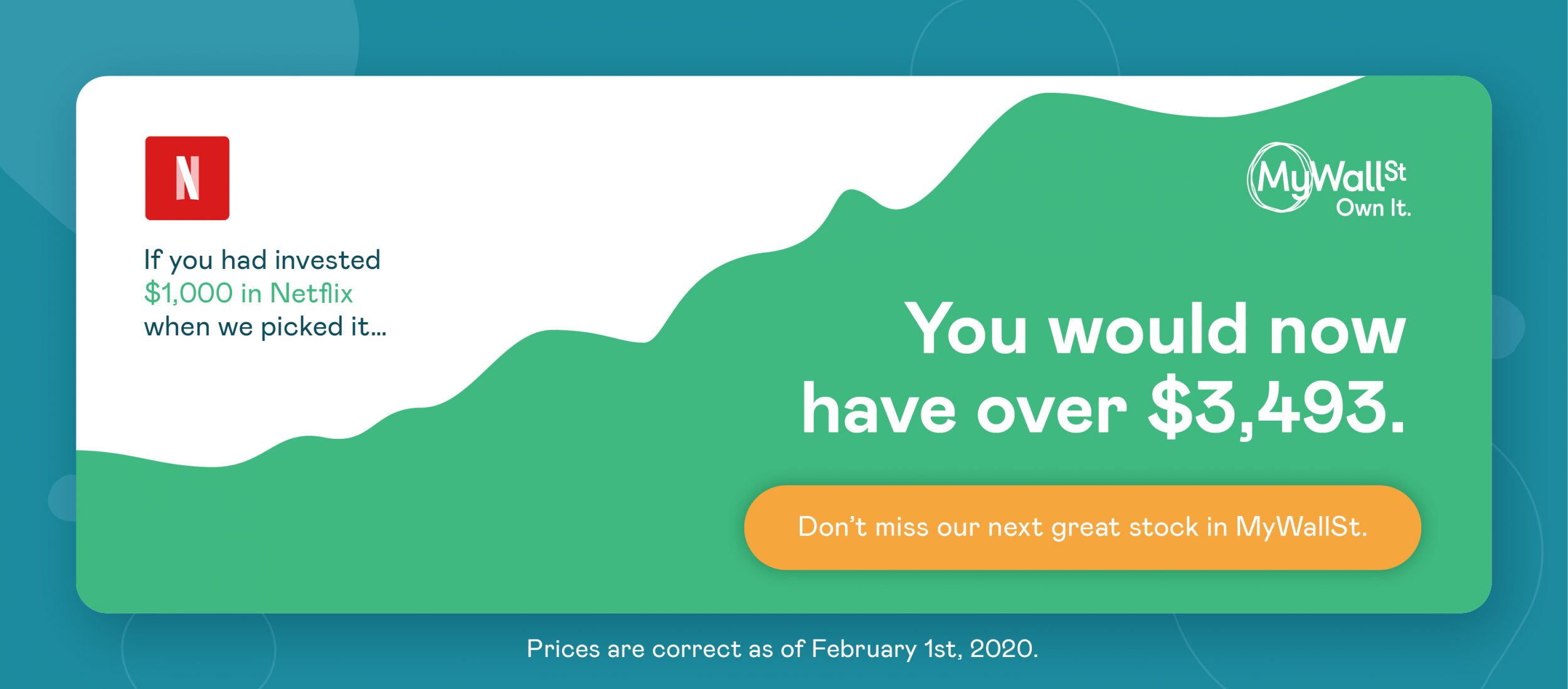Netflix's (NASDAQ: NFLX) business is organized into three operating segments: domestic streaming (48% of revenue), international streaming (49% of revenue) and domestic DVD (3%) for 2019. The domestic DVD revenue stream has, of course, experienced a significant decline over the years. In 2015, it consisted of roughly 10% of revenue as compared to merely 2.3% in 2018. Through the service, subscribers can receive standard definition DVDs and Blu-ray discs delivered to their homes. All plans give access to all its shows and movies and can be canceled anytime.

Netflix has clearly been a market leader in its early years. Analysts estimated a market share of 91% in 2007, which has dropped significantly to 19% in 2019. This is because of other bigger participants and media conglomerates entering into the streaming war. Netflix was only being challenged by Amazon (NASDAQ: AMZN) Prime and Hulu to date, but the recent launch of Disney+ (NYSE: DIS), Apple (NASDAQ: AAPL) TV+ and HBO Max is a big challenge. However, the entrance of new players in the market has led to new revenue models like AVOD (advertising-based video on demand) and TVOD (transactional video on demand), on top of the traditional SVOD (subscription video on demand).
US Streaming Subscribers (Millions)
In an Ad-supported streaming service model, the viewer doesn't pay any subscription fee like Netflix. Instead, the service provider puts up ads on their video streams. This is the only source of revenue for the streamer and the overall service is free for the viewers in most cases. New streaming players like Pluto TV, Xumo, Tubi and Peacock operate on this model and have been gaining traction.
Subscription-based players like Hulu and CBS (NASDAQ: VIAC) quickly took on the opportunity and introduced ad-supported tiers of their streaming services. Netflix has committed to remain a pure subscription and an advertisement free service, but in a scenario where it introduces an ad-supported version, it could make a massive $1 billion extra revenue in 2020, according to an analyst in Bloomberg Intelligence.
Apart from pricing, it's also been about content. Content brings that quality element for a service provider, that's why Netflix and Hulu's most-watched shows like 'Friends' and 'The Office' are set to leave the services as their original owners plan to launch their own platforms which will exclusively stream these shows. Netflix and other service providers are increasingly investing higher amounts in original content. Netflix recently reported a cost of goods sold (COGS) of $12.4 billion for 2019, most of which was spent on content.
Estimated Spend on Content by streaming companies for 2020
These figures seem quite conservative considering the growing importance of content in the industry. This figure may go as high as $15 billion in 2020 as Netflix continues to take on more debt to finance the production of its TV series' and movies. The company continues to explore strategic partnerships with TV networks and pay channels and continues to lure audiences with new movie releases like 'The Irishman'.
Netflix hasn't been really active in mergers and acquisitions, and there's less chance of that happening in the coming years. As it continues to deliver successful content, investors believe it may be able to keep its edge and still have a big chunk of the overall market alongside Disney. But, it will be interesting to note whether it will continue to deliver high-quality content and if the decision to keep its platform ad-free will turn out to be the right choice.
More from MyWallSt:
MyWallSt operates a full disclosure policy. MyWallSt staff currently hold long positions in Netflix. Read our full disclosure policy here.
- New stock picked every week out of 60,000 worldwide
- Ten Foundational stocks to hold until 2034
- A library of 60 stocks with analysis
- 10 year Track record of performance
